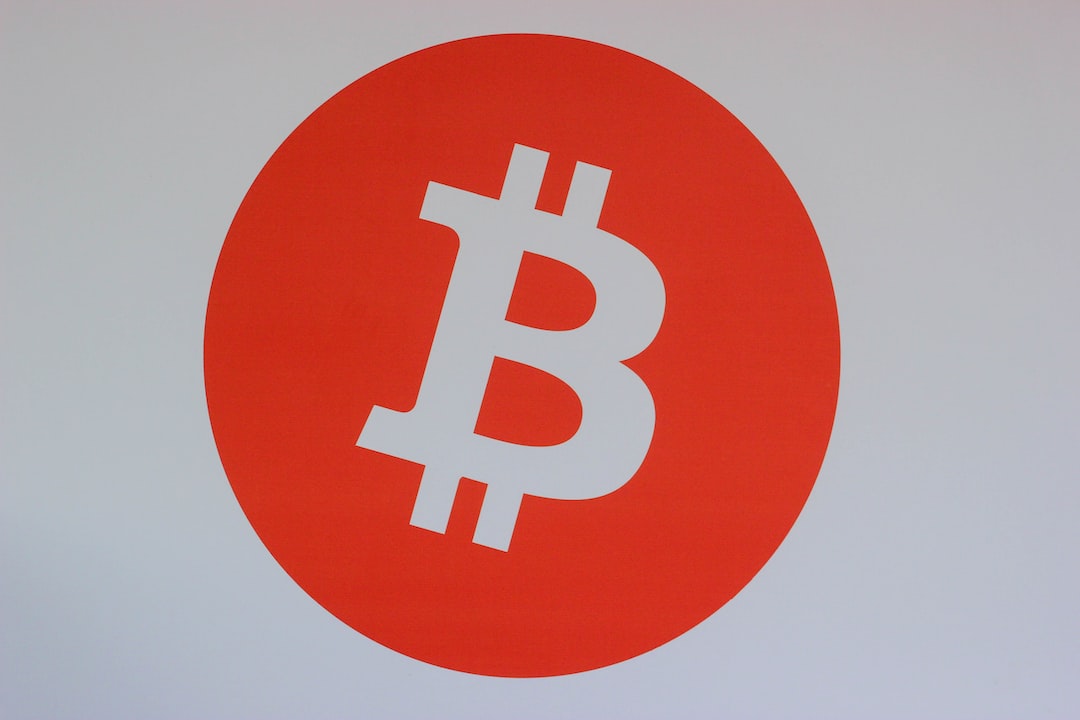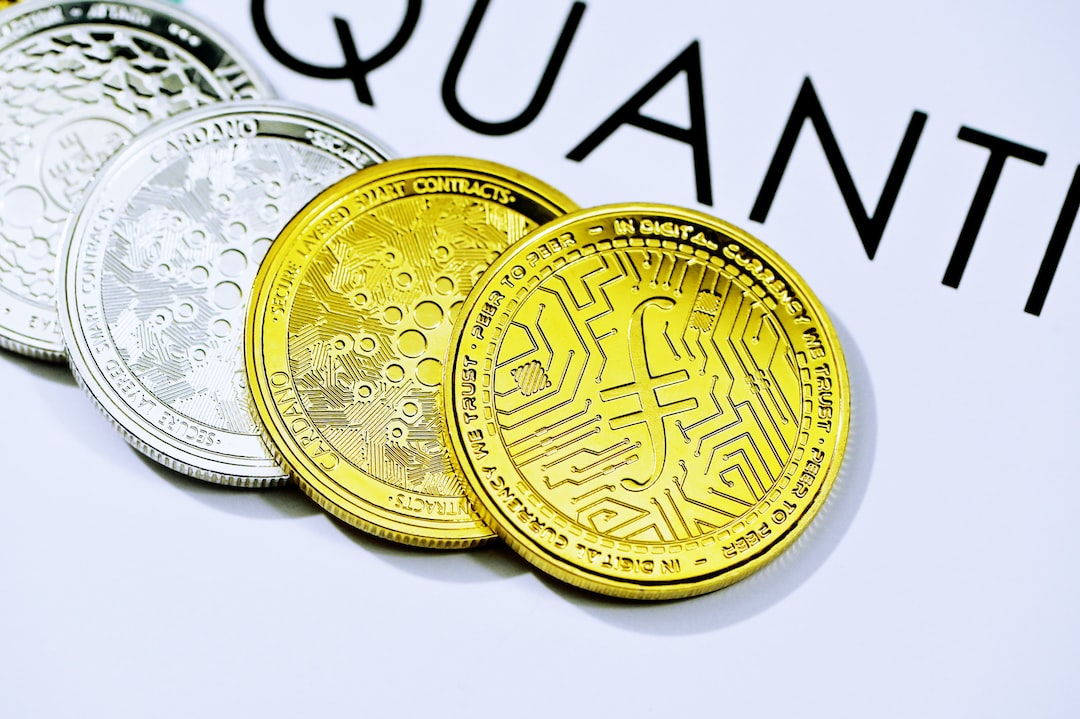Regulatory Uncertainties Threaten Africa’s Web3 Journey
According to Jathin Jagannath, a developer advocate for Cartesi, regulatory uncertainties pose a significant obstacle to Africa’s Web3 journey. The lack of clear regulations surrounding Web3 technologies creates hesitancy among potential users and investors. This ambiguity may result in a reluctance to fully embrace the revolutionary possibilities offered by Web3. However, with regulatory clarity, enhanced digital literacy, and infrastructural upgrades, Africans can overcome these obstacles and lean into rapid modernization.
Africa’s Potential for Web3 Adoption
Africa is seen as a fertile ground for Web3 adoption and innovation. A report by PricewaterhouseCoopers and Emurgo Africa revealed that blockchain funding across the continent surged by 1,668% in 2022. Leading the charge in Web3 adoption are countries like Kenya, Nigeria, and South Africa. However, education and knowledge accessibility remain challenges for Africa. Improved digital literacy and a skilled workforce are crucial for successful integration of Web3 technologies.
Addressing Challenges in Education and Knowledge Access
To address the challenges in education and knowledge access, Cartesi and Web3bridge have partnered to launch an eight-week Cartesi masterclass in Nigeria. This initiative aims to enhance digital literacy among African developers and provide them with the necessary skills for Web3 integration.
Africa’s Potential for Web3 Boom
Africa’s potential for a Web3 boom in 2024 and beyond is undeniable. Factors such as its youthful demographic and volatile currency make it ripe for Web3 adoption. Decentralized wallets and other Web3 applications can address current issues and transform how Africans interact with financial systems and engage in cross-border trade.
CBN Approves Africa Stablecoin Consortium
The Central Bank of Nigeria (CBN) has granted approval to the Africa Stablecoin Consortium (ASC) to launch the cNGN stablecoin in its regulatory sandbox. The stablecoin, set to be introduced on February 27, 2024, adheres to regulatory requirements and standards established by the CBN, SEC, and NFIU. The consortium is committed to compliance, consumer protection, and transparency throughout the project. The cNGN stablecoin is designed to complement the eNaira and is currently interoperable with strategic blockchains such as Bantu and BNB Smart Chain.
Hot Take: Regulatory Challenges Impede Africa’s Web3 Potential
Africa’s Web3 ecosystem holds immense potential for transformation. However, regulatory uncertainties pose significant hurdles that need to be overcome. With clear regulations, improved digital literacy, and infrastructure upgrades, Africa can fully embrace the possibilities offered by Web3. Initiatives like the Cartesi masterclass and the introduction of stablecoins like cNGN demonstrate progress in addressing challenges and driving Web3 adoption in Africa. As these efforts continue, Africa’s Web3 landscape can thrive and contribute to the continent’s rapid modernization.





 By
By
 By
By
 By
By
 By
By
 By
By
 By
By